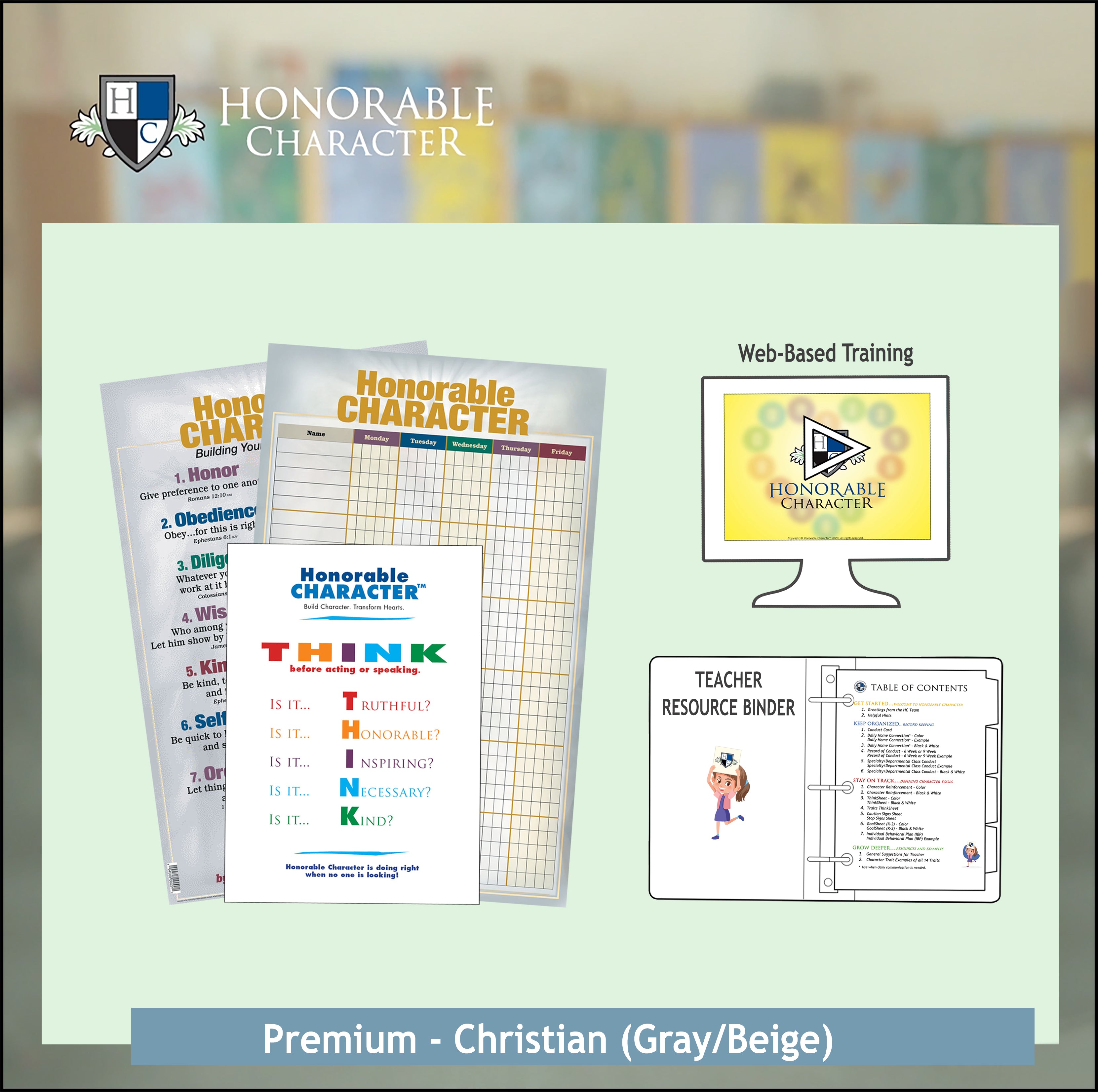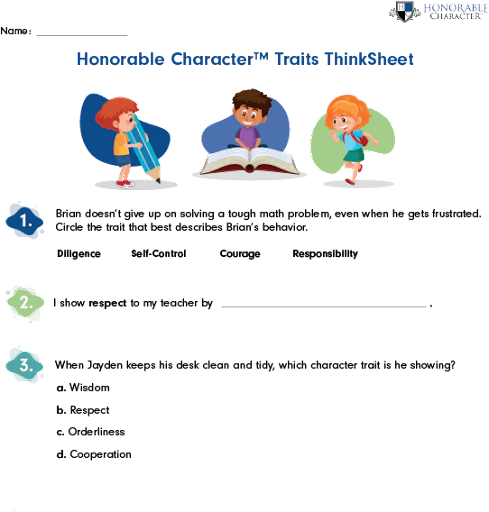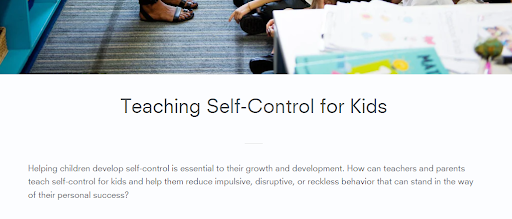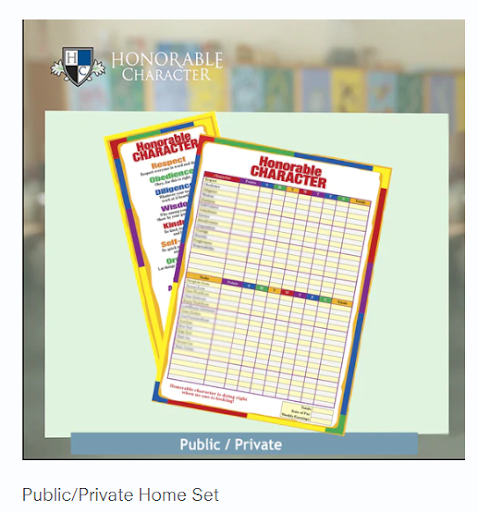
The Superpower of Parent-Teacher Relationships
Posted by Vicki Vaughn
In 1944 Isidor Isaac Rabi, an American nuclear physicist, won the Nobel Peace Prize for his discovery of nuclear magnetic resonance used today in Magnetic Resonance Imaging (MRI). When asked who most influenced his life, Isidor said:
My mother made me a scientist without ever intending to. Every other Jewish mother in Brooklyn would ask her child after school: So? Did you learn anything today? But not my mother. “Izzy,” she would say, “did you ask a good question today?” That difference—asking good questions—made me become a scientist.
With a simple question, Isidor’s mother unknowingly inspired her son to engage actively with his teachers each day. Imagine the teachers’ delight when Isidor asked well-thought-out questions during class time.
Why are parent-teacher relationships important?
As a school administrator, I observed similar constructive practices that profited students’ long-term growth and development. At the top of the list ranks the intentional collaboration of teachers and parents. This relationship forms a solid foundation for a child's educational journey.
I submit that honor is the superpower component in parents and teachers working together.
When considering honor, we often think of respectful behavior, such as good manners. Although respect is part of it, honor goes much deeper into the heart of a relationship. The Greek word 'honor' comes from timae, which means worth or value. Bonds grow stronger in relationships when we value each other with our words and deeds.
A healthy parent-teacher relationship unlocks the promise within a child.
Students are created uniquely. They are designed to do good works. So why is it important for teachers to communicate with parents and vice versa? Often, a teacher identifies a character strength in a student. A teacher discovers a critical strategy for a child to overcome a roadblock to learning. A teacher inspires a life-calling in a student. However, teachers expand their understanding of students by taking time to get to know children through the lens of parents. Parents provide valuable insight into the heart of a child.
What should teachers do when a parent shares hard-to-hear information?
Parent questionnaires and parent-teacher conferences offer the perfect opportunity for teachers to gather information regarding a child. By thoughtfully communicating with families as a teacher, they are armed with a deepened understanding of students, leaving an indelible thumbprint on their hearts and minds.
What should teachers do when a parent shares hard-to-hear information?
Lean in. Listen carefully. Ask questions.
Remember, you are on the same team. As a child's most important advocate, parents are committed to their child's healthy growth. Parents have a valuable perspective that teachers need to hear. Parents are eyewitnesses to their child's response to a teacher’s classroom instruction and assignments. A teacher may think an assignment should take 20 minutes. When a parent contacts you and shares that the assignment took an hour and a half, it is time for the team to strategize! Both want the best for the child. Together, develop a plan to resolve the concern. This is why parent-teacher communication is so vital—when teachers honor parents, they find that their role and recommendations are supported.
How can parents purposefully honor teachers?
I encourage parents to esteem teachers publicly and privately, especially in front of your child. Let your child know how much you appreciate teachers. Teaching is a profession that deserves honor and praise. Should you question this statement, step into a classroom, and teach for a day. Consider sending a heartfelt email or card to express gratitude and appreciation to your child's teachers. Stating something specific the teacher said to encourage your child adds a dimension of sincerity to the message. Authentic, grateful honor energizes teachers to go the extra mile for your child.
What should parents do when teachers share hard-to-hear information about your child's academic progress or peer conflicts?
Lean in. Listen carefully. Ask questions.
Don't forget you are a team! Be assured teachers love their students and are committed to their growth and development. Teachers are eyewitnesses to students’ learning styles and peer interactions at school. They have valuable perspectives of your child. Seek teachers' viewpoints, provide insight when needed, and together develop a strategy to address concerns.
If a concern surfaces, contact teachers directly to seek their perspectives. The quickest way to bring resolution to a situation includes gathering insight from all involved. Take time to prepare before meeting with teachers.
Parents, you have great insight into the uniqueness of your children, including their long-term academic and social interests.
When meeting with your child’s teachers, share the 'inside' story of your child’s nature and needs. For example, if you recognize your child’s character gift of serving or a sharpened interest in a subject area like math, let teachers know. If your child struggles at home with a subject, let teachers know. When your family goes through a difficult time, let teachers know. This 'inside' information helps teachers genuinely appreciate your child's needs and abilities more quickly. Children flourish when they believe they are loved and understood by their primary influencers, both parents and teachers.
Why does honor enhance a parent-teacher relationship?
Honor authenticates the worth of another in tangible ways. Honor fortifies relationships and motivates those who receive it. Ultimately, when parents and teachers are in an honoring alliance, the child wins.
By Vicki Vaughn, Founder/CEO of HONORABLE CHARACTER;
2010 NAESP - National Distinquished Principal






Add a comment